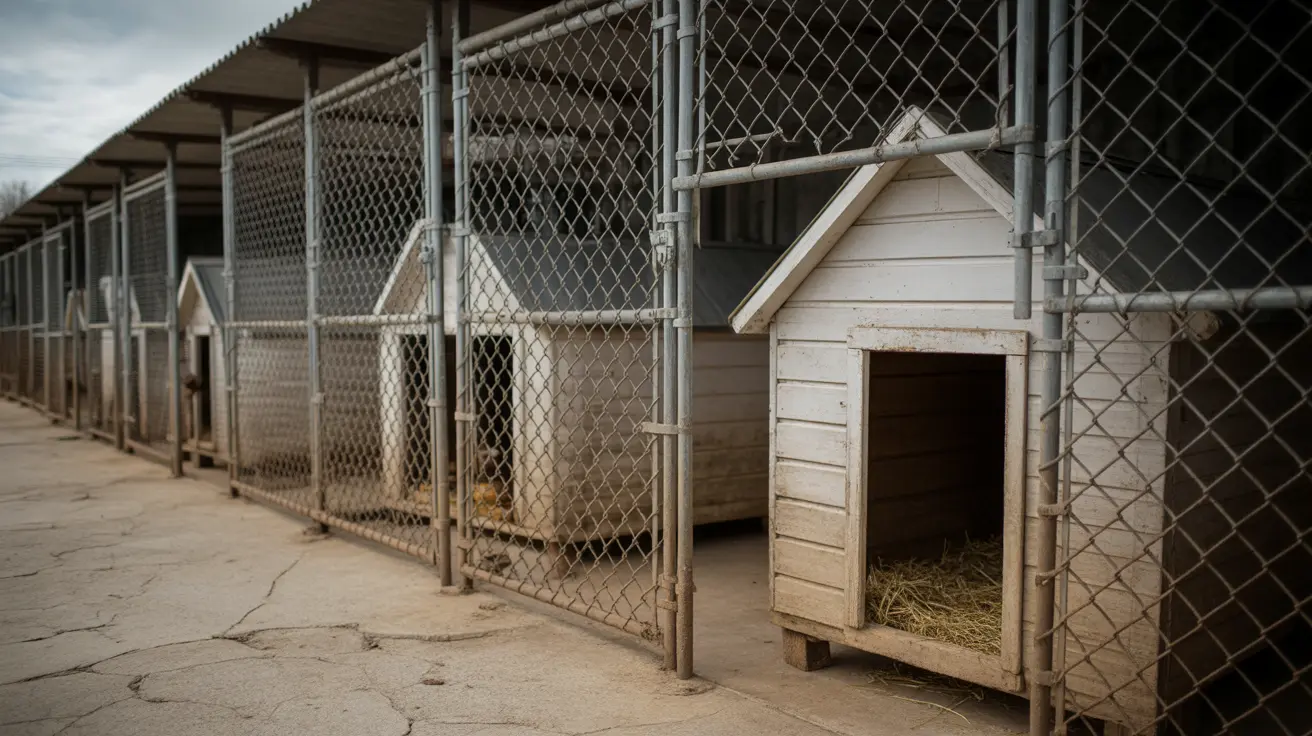What Meat Should You Never Feed a Cat?
Cats are
obligate carnivores, meaning their diets require meat to meet their nutritional needs. However, not all meats are safe for feline consumption. While chicken, turkey, and beef are commonly offered and usually safe when prepared properly, there's one particular meat component that's especially hazardous to cats:
chicken bones — and by extension, any meat with bones.
Why Chicken Bones Are Dangerous to Cats
Feeding chicken to cats may seem natural, but
chicken bones must always be avoided. Here's why:
- Choking Hazard: Small, sharp bones can lodge in a cat’s throat and cause choking or suffocation.
- Internal Injury Risk: Bones can splinter during chewing, causing tears or punctures in the mouth, esophagus, bowel, or stomach.
- Digestive Blockages: Swallowed bones can cause intestinal obstruction or perforation, potentially leading to life-threatening complications.
- No Nutritional Benefit: Cats can obtain all necessary nutrients from balanced cat food and cooked bone-free meat.
Safe Ways to Feed Chicken to Cats
Chicken can be a healthy part of a cat's diet if served correctly. The key is preparation and moderation:
- Cooked and Boneless: Always cook chicken thoroughly and remove all bones and skin before serving.
- Unseasoned: Don't add any spices, garlic, onion, salt, or seasoning, all of which are toxic to cats.
- Portion Control: Limit chicken to no more than 10% of a cat’s daily calorie intake. For adult cats, offer no more than 2 tablespoons per day.
Other Unsafe Meats and Ingredients
Beyond chicken bones, pet owners should be aware of other meats and additives that are unsafe:
- Processed Meats: Items like hot dogs, ham, sausages, and deli meats contain high levels of salt and preservatives.
- Raw Meat or Eggs: Can harbor pathogens like Salmonella, E. coli, and parasites, unless properly sourced and prepared.
- Fried or Breaded Meat: Too much fat, oil, and breading can lead to gastrointestinal upset and long-term health issues.
Alternatives and Safe Proteins for Cats
Other meats and protein sources that are typically safe for cats include:
- Turkey and Beef: Lean cuts, cooked plain, and free of bones and seasoning.
- Fish: Occasionally and in moderation due to mercury concerns. Avoid raw fish, and never feed daily.
- Cooked Eggs: A good source of protein, fed without oils or seasoning.
- Dairy: Limited amounts of plain yogurt or cottage cheese, unless the cat is lactose intolerant.
What Should Form the Core of a Cat's Diet?
While treats like cooked chicken can be given occasionally, a cat’s primary food should be a
high-quality commercial cat food—wet or dry—designed to meet all their nutritional requirements. These foods are formulated with:
- Essential nutrients such as taurine
- Balanced vitamins and minerals
- Controlled protein-to-fat ratios
Feeding Tips and Caution
- Introduce new food gradually to avoid digestive issues.
- Monitor health signs like vomiting, diarrhea, or lethargy after feeding treats.
- Consult a veterinarian before making significant diet changes or introducing raw foods.
Conclusion
While it might be tempting to treat your feline friend with scraps or homemade meat dishes,
chicken bones are the one meat element you should absolutely never feed your cat. Bone fragments pose serious risks and should be strictly avoided. Stick to plain, cooked, boneless chicken—or better yet, rely on complete and balanced commercial cat food formulated for feline health. Keeping your cat safe starts with knowing what not to feed them.





